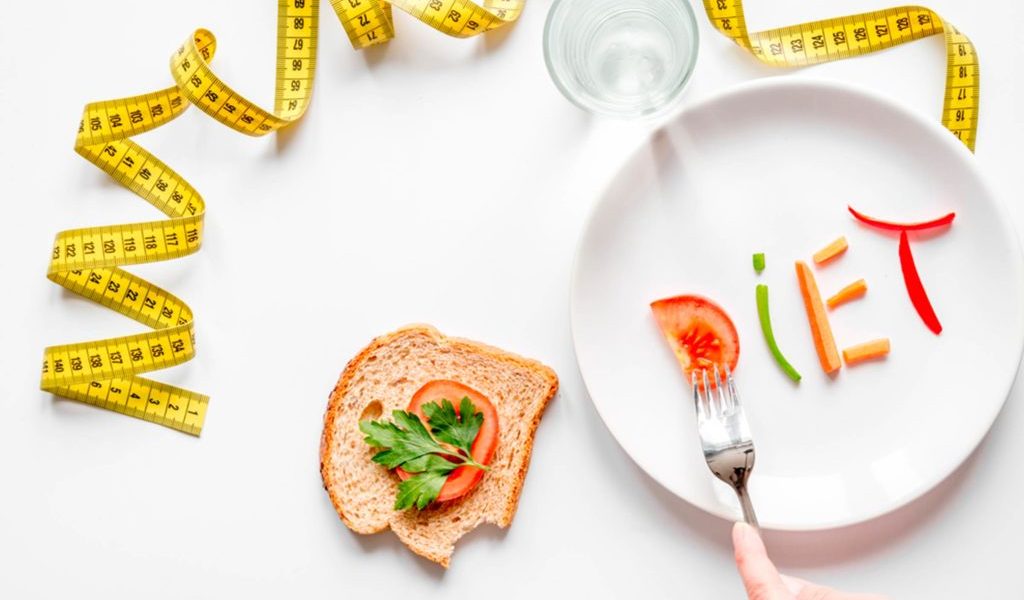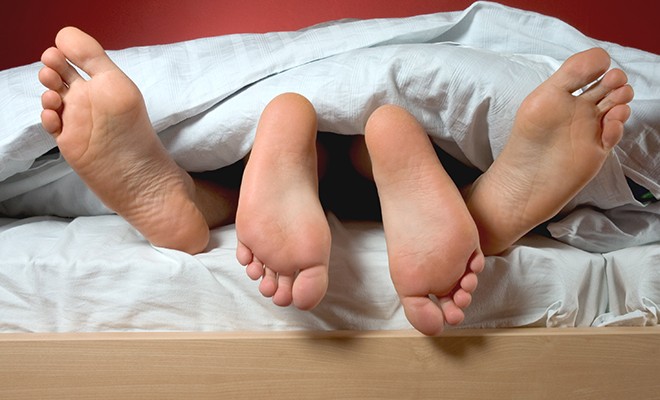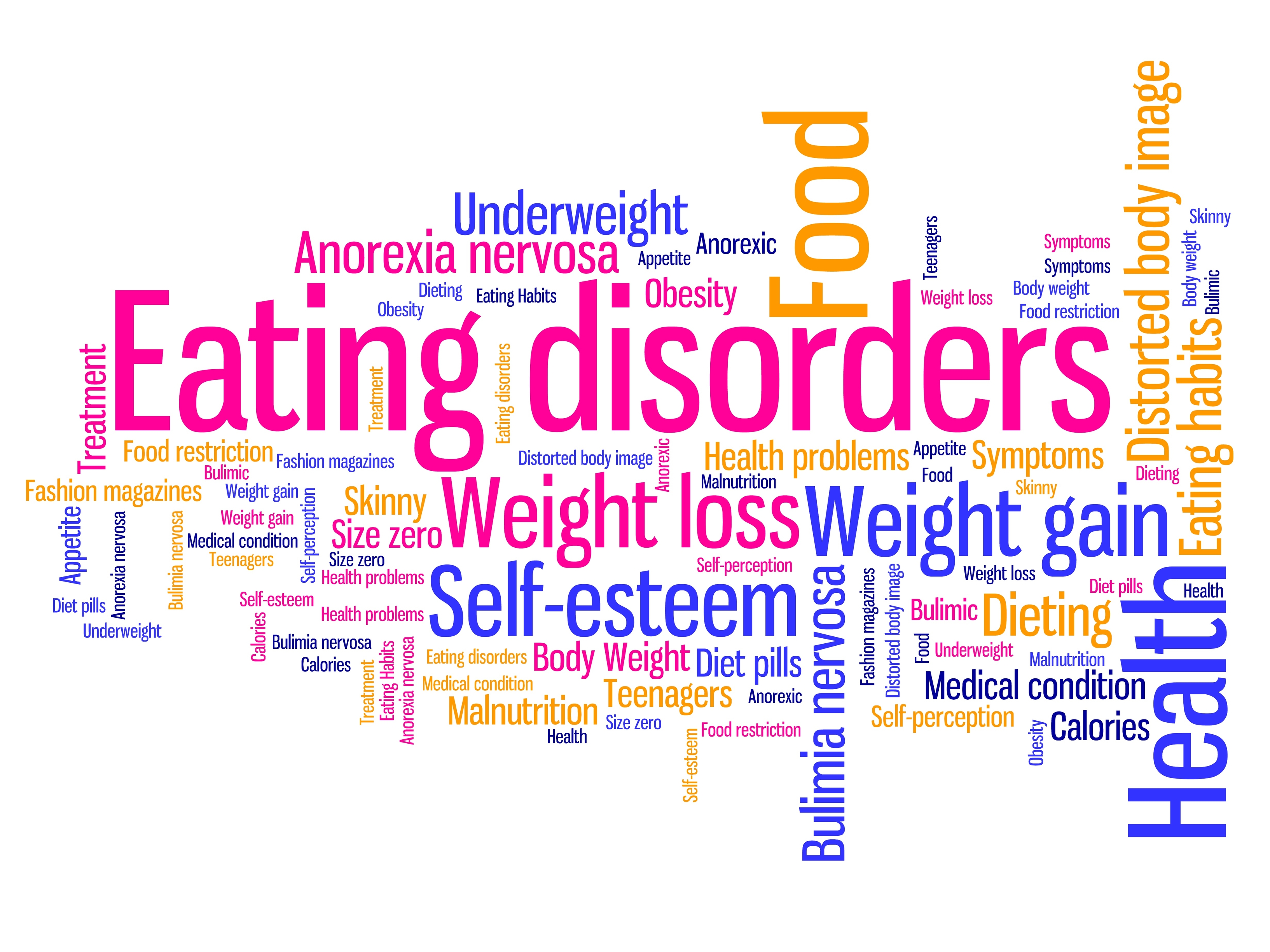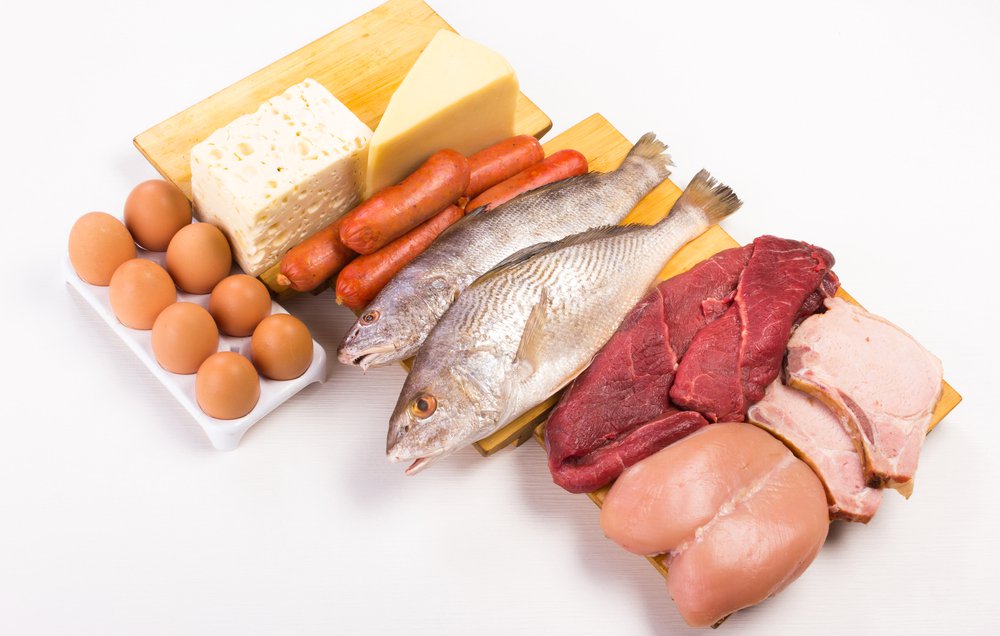A few weeks ago, after seeing yet another TV commercial for some miraculous weight loss program for women, I published a Facebook status about being fed up with the diet industry’s incessant advertising of products that supposedly help women lose 17 pounds in 10 days (all without having to exercise or in any way watch what they eat).
These messages are, at best, confusing. I know first hand what a challenge it is, physically and mentally, to lose a significant amount of weight and then to keep it off. Since my freshman year of college, during which I gained a little bit more than the freshman fifteen, I have lost and kept off about thirty pounds. Over the years, I’ve been asked many times how I did it. Not a whole lot of people look stoked when I tell them there’s no secret, I just eat healthy and exercise and have patience. It took me about two years to lose all of the weight, and keeping healthy involves commitment to staying active and eating my greens.
As a child, I think I was always a bit overweight, certainly always a bit body-conscious, and never athletic by any definition. In middle school and high school, I was among the last stragglers to finish the dreaded weekly mile in PE, and I never thought twice about what I ate. After my first semester of college, I realized none of my old clothes fit, and when I finally dragged myself to the gym, not only could I not run a mile, I could barely run half.
When it comes to “dieting”, change does not happen overnight. The first few months of exercising and retraining your appetite and taste buds is painful and difficult. Because not only are you kicking old, often deeply built-in habits, you are teaching yourself new ones which involve voluntary discomfort, pain, strain, self-restraint and self-discipline. Here is some of my most important words of wisdom, which also happen to take issue with the diet industry’s mission to get us to believe that we can buy weight loss in a pill.
Educate yourself. I learned about nutrition from my Nutritional Science 10 class at Merritt College; it’s also offered at UC Berkeley. If you’re as clueless as I was about what and how much to eat, taking a class is a great place to start.
Results take time and commitment. Losing twenty pounds in thirty days sounds impossible because it is. Although I believe losing weight involves much more than simply counting calories, the above promise from many fad diets is simply not mathematically possible, and here’s why. One pound equals about 3500 calories. To lose that much weight, you need a net deficit of that many calories. For example, to lose one pound in a week, you will need to eat 500 calories less per day than normal, or burn 500 calories more per day over one week, or use some kind of combination of both. To lose twenty pounds, on the other hand, you need a deficit of 70,000 whopping calories. In a thirty day period, that means an average deficit of 2134 calories per day. In one day, this means either eating nothing (and if you do this for thirty days, you might actually die) or intense cardiovascular exercise pretty much all day (and trust me, if you do this, your muscles will fail).
Being in good health is not just about your weight. It’s a common belief that being fit means weighing a certain number of pounds. The number on the scale can be a good checkpoint of where you’re at, but ultimately it doesn’t mean much. What’s more important is your ratio of lean body mass (muscle) to fat. For a woman, a healthy body fat percentage is about 25%. For men, it is more like 15 to 20%. I’m sure you have heard that muscle is denser than fat. I found that as I was losing weight, the number on the scale dropped at a pretty fast pace for the first months (about a pound per week), then slowed, and eventually plateaued, but my pants were still getting looser. Now I rarely weigh myself. I can feel and see the difference not only in how I look (e.g., I have triceps) but also in how strong I feel day-to-day and at the gym when I lift weights.
Find an activity that you enjoy, or you’ll never stick with it. Switching your routine not only works many muscle groups but also keeps your body guessing. It makes working out much more enjoyable. And if you’re excited to go to the gym, you can skip that whole argument with yourself about how you should go even though you really don’t want to. As much as I hated running at first, I eventually turned into a fan of jogging. For me, signing up for a race is a great motivator, and running them with friends is an awesome experience. I also like lifting weights and always save some babysitting money to book the occasional personal training session. Group exercise classes at the RSF might seem intimidating or embarrassing at first, but I’ve never regretted going. My favorites are cycling, yoga-lates, and “tease aerobics” dance.
Diet products are a scam. These products are making someone money, which means that if they actually worked long-term, the diet industry would be out of business. These diets are designed to get you to lose weight and then promptly gain it back as soon as the program ends so that you eagerly fork over even more money to participate in a plan that is destined to fail. Ultimately, your common sense about what eating healthy and being active means will be worth much more than any expensive diet system you can find.
You won’t get the results you want if your actions are motivated by self-loathing. Looking in the mirror for flaws is not a healthy or fair way to live. You won’t all of a sudden love yourself when you see a particular number on the scale. Regardless of what you weigh or how fast your mile is, give your body a little gratitude for what it does—getting you to class on time, helping you stay up late finishing that assignment you procrastinated on, recovering from last night’s party, and on and on and on. Which leads me to…
To be happy is to be healthy. Take care of yourself, because your body and mind deserve it. No thanks to the diet industry, I get to consider myself healthy and fit today. All it takes in the end is devoting some time out of each day to exercise, eat my veggies, and appreciate the fact that I am young, healthy, happy, and mobile.
Article by Esther Slaman
Feature Image Source: Reader’s Digest
























